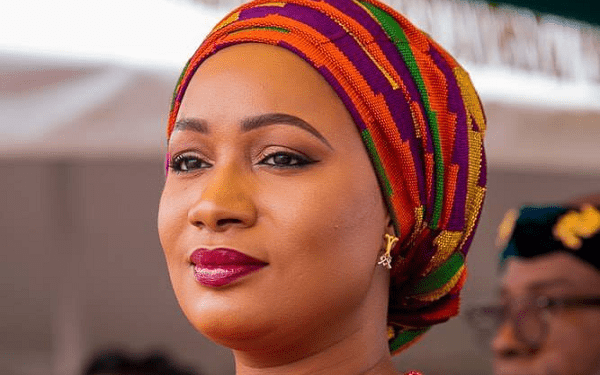A high-level coalition on health and energy convened by the Director-General of the World Health Organisation (WHO), Dr. Tedros Ghebreyesus, has selected as part of its membership, Second Lady of the Republic Ghana, Samira Bawumia.
The coalition made up of leaders from governments supporting the Health and Energy Platform of Action (HEPA), will seek to to strengthen high-level cooperation between health and energy sectors, increase political momentum, spur investments, mobilize public support and drive practical solutions for clean cooking and sustainable energy services in health facilities.
Presently, 3 billion people across the world rely on polluting fuels and technologies for cooking, heating and lighting, while another one billion rely on health facilities that operate without electricity. Out of this number, almost 4 million deaths are recorded each year, with women and children disproportionately affected.
Speaking on the Second Lady’s addition to the coalition, Dr. Ghebreyesus stated, ” With Mrs. Bawumia joining the High-Level Coalition, a forceful signal will be sent to the world that all stakeholders stand united and committed to advancing stronger cooperation between health and energy sectors, in support of the 2030 Agenda for Sustainable Development and the Paris Agreement, while ensuring that no one is left behind.”
The Second Lady has for several years, as a Global Ambassador for the Clean Cooking Alliance, used her influence to raise awareness about household air pollution, caused especially by the burning of wood fuels for cooking. She has also tirelessly advocated for the adoption of clean energy solutions on the global stage, at many international conferences and forums.
In recognition of efforts made to drive action on Sustainable Development Goal 7 (SDG7) which calls for universal access to affordable, reliable, sustainable and modern energy for all by 2030, the Second Lady was honored in 2019 as one of seven global leaders in the sustainable energy movement by Sustainable Energy for All (SEforALL) in partnership with Ashden.
She has also been committed to help realize the objective of SDGs and called on policy makers, investors, civil society organizations and development partners to prioritize access to clean and sustainable energy technologies as a means of improving health and livelihoods. She indicated that “the challenge of access and affordability to clean energy, and its related impact on sustainable development is a human-centered issue, and therefore a global issue.”








